Year published :2018
Pages :288 pp.
Size :15 x 23 cm., paperback
Black & White illustrations :12
Maps :2
Tables :9
Rights :Thailand, Myanmar, Cambodia, Laos, Vietnam
ISBN: 9788776942465
Departing from Java: Javanese Labour, Migration and Diaspora
by NIAS PressEdited by Rosemarijn Hoefte and Peter Meel
From colonial times through to the present day, large numbers of Javanese have left their homes to settle in other parts of Indonesia or much further afield. Frequently this dispersion was forced, often with traumatic results. Today, Javanese communities are found as close as Kalimantan and as far away as Suriname and the Netherlands. Meanwhile, migrant workers from Java continue to travel abroad, finding short-term employment in places like Malaysia and the Middle East.
This volume traces the different ways in which Javanese migrants and migrant communities are connected in their host society and with Java as a real or imagined authoritative source of norms, values and loyalties. It underlines the importance of diaspora as a process in order to understand the evolving notions of a Javanese homeland across time and space. Even though Java as the point of departure links the different contributions, their focus is more on the process of migration and the experiences of Javanese migrants in the countries of destination.
Clearly, the labour element dominates the Indonesian overseas experience. But the volume also elucidates how ethnicity, class, gender, religion and hierarchy have shaped and still inform the dynamics of diasporic communities. Many of the chapters pay particular attention to gender as women now form the majority of international migrants, domestic work being the largest category of transnational work. As a result, important aspects of the migration experience are seen in new ways via the lens of women’s experiences.
Highlights
- First systematic examination of the Javanese diaspora as a global
phenomenon. - Traces the origins and analyses the development of this diaspora.
- Surveys Javanese migration and communities in Asia (including the Middle East), Oceania and the Americas.
About the Editor
Rosemarijn Hoefte is Professor of the History of Suriname after 1873 at the University of Amsterdam and a senior researcher at the KITLV in Leiden. Her main research interests are the history of post-abolition Suriname, migration and unfree labor, and Caribbean contemporary history. Peter Meel is director of research of the Leiden University Institute for History. His teaching and research focus is on Caribbean history, primarily the political and cultural history of Suriname following World War II.
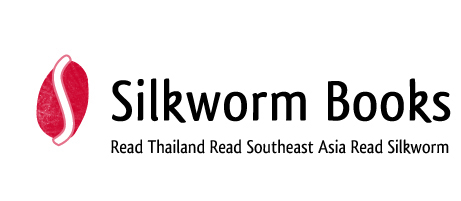
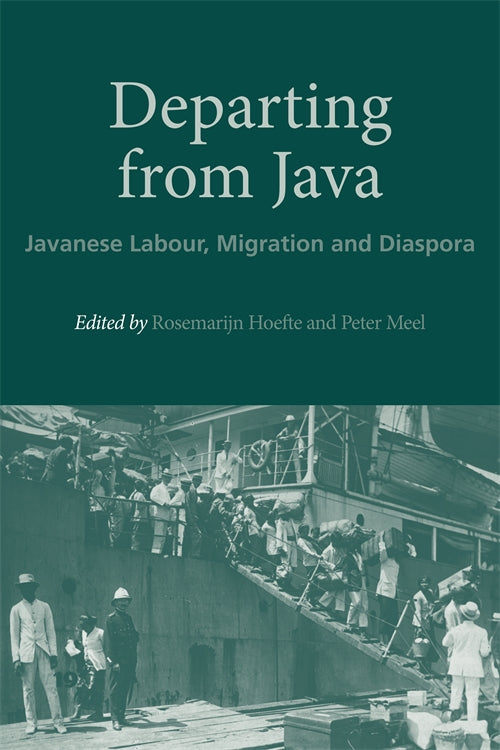
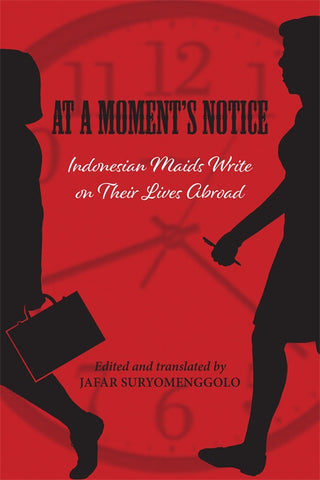
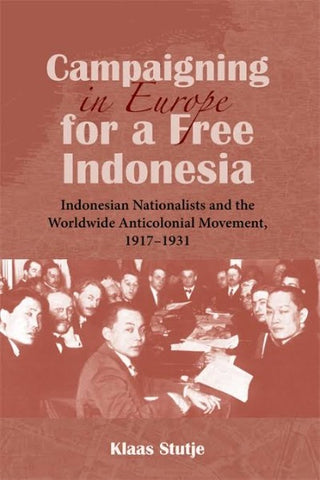
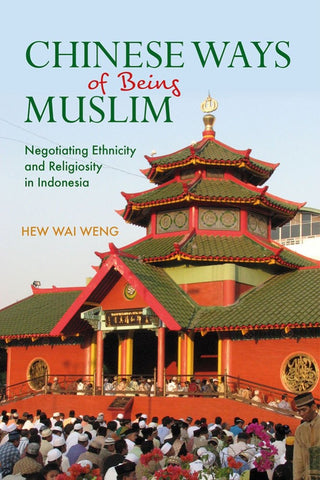
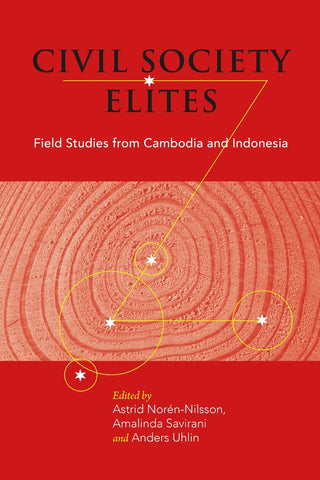
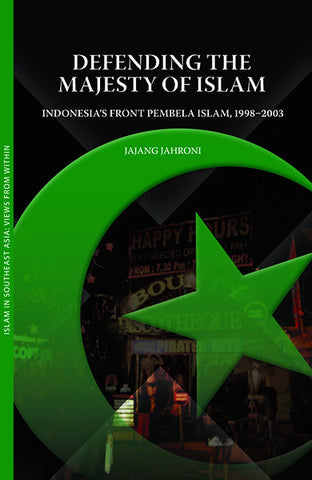
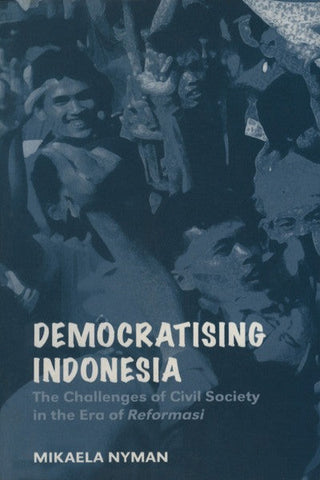
Share this item: